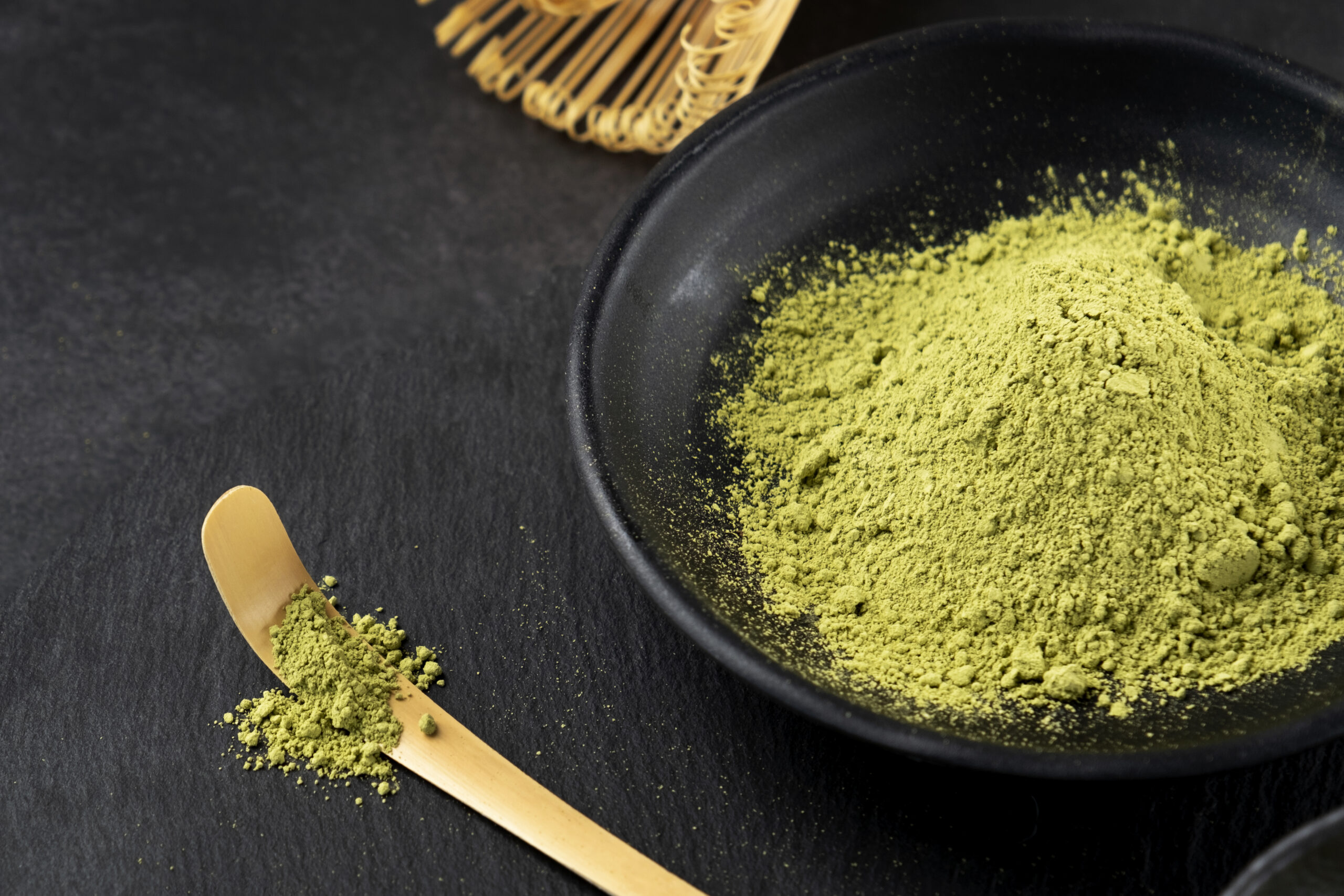Scouring online Canadian health shops, you may find kratom products sandwiched between herbal supplements and natural remedies. This tropical plant from Southeast Asia has gained significant attention for its reported effects, ranging from pain relief to mood enhancement.
But as you place your order for that packet of kratom powder or capsule, an inevitable question comes: is this stuff even legal here? The answer is not as simple as you might wish. Canada’s relationship with Kratom exists in a complex regulatory gray area that leaves many confused about where precisely it sits.
Although not explicitly banned like in many countries, the legal status of Kratom in Canada is encompassed in subtle regulation that often varies according to how it’s marketed and sold.
Understanding these variations and the actual legality of Kratom is becoming increasingly important for both vendors and customers as interest in Kratom continues to grow across the country.
Here is all you need to know about the legal status of kratom in Canada in 2025.
Exploring the CFIA’s Restrictions On Kratom
The Canadian Food Inspection Agency (CFIA) is responsible for deciding how Kratom is legally sold in Canada. So, is Kratom legal in Canada as per the CFIA regulations? Technically speaking, yes, with some major conditions placed on its sale.
The CFIA doesn’t declare Kratom illegal but heavily regulates its sale and marketing. Under existing CFIA regulations, Kratom can neither be marketed nor sold as an edible or consumable product.
This is a paradox because the drug itself is not illegal, whereas its most prevalent use formats are strictly restricted, primarily for research purposes only. Retailers have to exercise great caution in terms of labeling and marketing statements in order not to incur government regulation offenses.
The CFIA has taken multiple enforcement actions against businesses inappropriately promoting kratom products with consumption guidelines or health benefit claims. These enforcement actions have made it difficult for companies to operate within boundaries while making available products in demand.

What is Health Canada’s Perception of Kratom?
Canada’s health ministry remains conservative when it comes to Kratom, classifying it as a product that has not been authorized for sale. The agency has yet to recognize Kratom’s “perceived health benefits” and doesn’t authorize drugs with kratom-based compounds.
It has issued several public alerts to Canadians regarding Kratom’s health risks, including contamination, variability in potency, and drug-related negative health consequences.
Notwithstanding such admonitions, Health Canada hasn’t placed Kratom under the Controlled Drugs and Substances Act, which would make it “unlawful.” Rather, the agency targets prohibiting unauthorized health claims about kratom and ensuring it’s only sold to facilitate further research processes.
This policy stance reflects Health Canada’s evidence-based policy framework. The agency recognizes that, as research on Kratom remains ongoing, enough concerns have arisen to justify restriction short of an outright ban.
However, Health Canada remains attentive to developing research and global regulatory trends that could influence future policy.
Should Canadian Kratom Users Be Concerned?
Canadian kratom users find that existing legislation creates an unusual dynamic. Most kratom products are labeled with “not for human consumption” or “for research only.” As a result, you can have Kratom in your possession legally, and vendors can’t sell the substance for human consumption.
Usually, possession of Kratom is not a priority for law enforcement, nor is its sale subject to penal legislation. However, the restricted distribution pathways and strict labeling regulations make quality-tested, consistent substances difficult to obtain.
Consumers should note that legal uncertainty results in varying star quality, safety standards, etc. Good vendors will often state clear information regarding the origin, quality, and processing of their Kratom.
They also perform lab tests on contaminants such as heavy metals and bacteria, and may provide third-party lab reports to confirm the safety and quality of their products. Still, without apparent regulatory oversight, there are few guarantees about purity, potency, or potential contaminants. This places greater responsibility on consumers to research vendors thoroughly.

Where Does Kratom Stand In Canada
From a strictly legal perspective, Kratom exists in what legal experts often refer to as a “regulatory gray zone” in Canada. The substance is not listed under the Controlled Drugs and Substances Act, so possession is not technically illegal.
What’s heavily restricted is its marketing and sale as an edible item, which has often created significant barriers to commercial availability. Kratom importation is another complicated arena where kratom users and vendors are faced with unending hurdles.
Private imports in small quantities tend to go through the system trouble-free, whereas commercial importing for resale is subject to enormous regulatory challenges. Border officials can decide whether imports fall within CFIA and Health Canada requirements.
Lastly, Canadian provincial laws create another layer of complexity. Health departments in the provinces can have additional regulation or monitoring programs for substances such as Kratom that don’t fit clearly within federal categorization. This creates an uneven patchwork of priorities for enforcement that can change dramatically from place to place.

Final Thoughts
The legal status of Kratom in Canada is complex—not under the list of banned substances, but strictly limited in its commercial sale and distribution. This regulatory gray area is in line with Canada’s cautious approach to substances with potential benefits or health risks.
For Canadian kratom consumers and vendors, being knowledgeable about changing regulations in the use, marketing, and distribution is paramount. This is especially vital with the growing interest in the product and research on its perceived health benefits.
Personal possession is not criminalized, but the regulation of commercial sales introduces practical difficulties for everyone interested in kratom. With ongoing research and development throughout 2025, we can expect increased clarification of the role of Kratom in Canadian regulation.

















